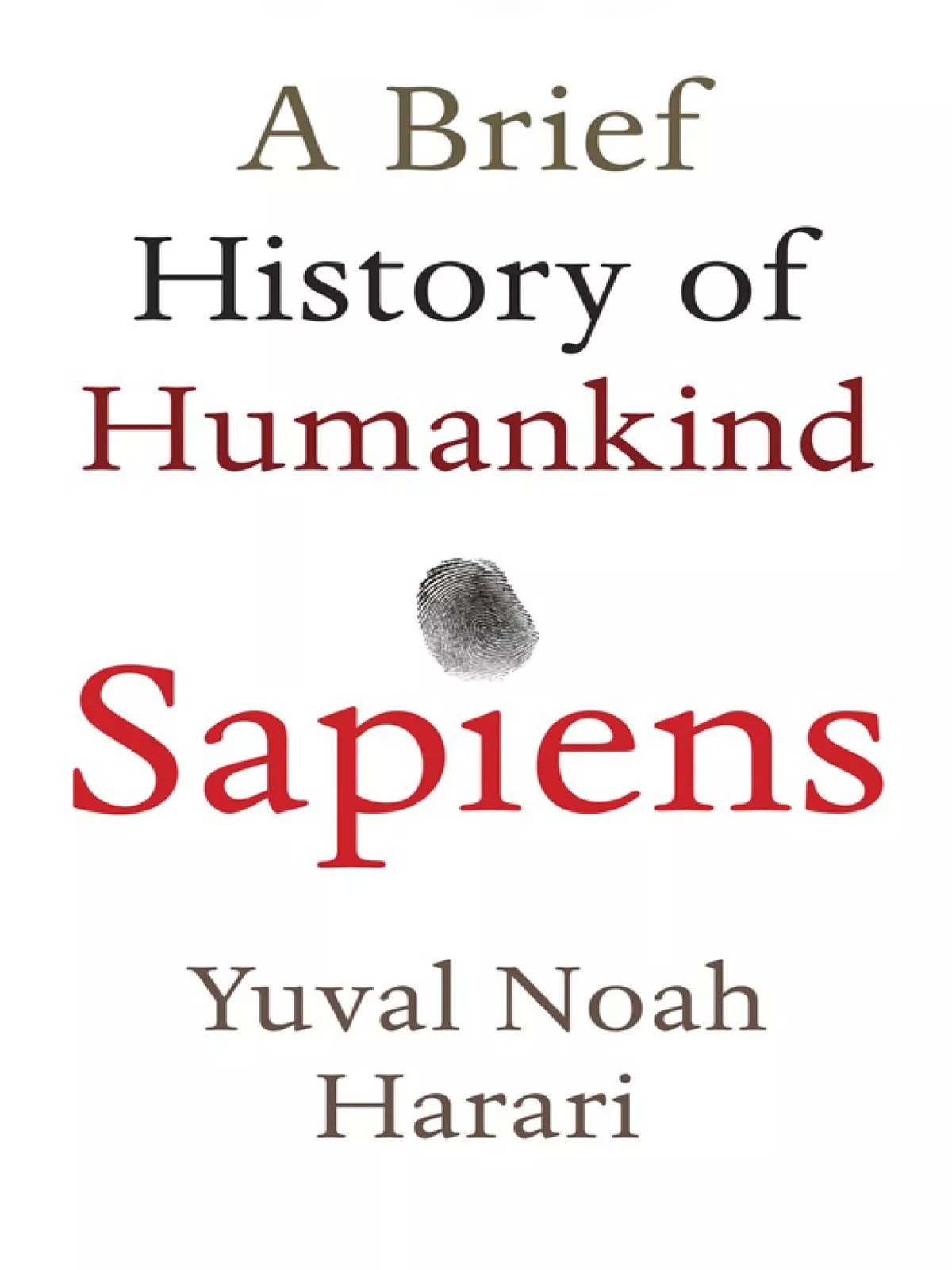Sapiens Book - Summary
Sapiens Book: A Brief History of Humankind is an insightful book written by Yuval Noah Harari. This engaging book offers a fascinating overview of the history of the human species, tracing our journey from the emergence of Homo sapiens in Africa to our lives today. Packed with themes from biology and anthropology to history and sociology, “Sapiens” explores how we have shaped the world and ourselves.
As a thought-provoking read, “Sapiens” raises crucial questions about our future while presenting the history of our species in a manner that is easy for everyone to understand. It has earned accolades for its captivating writing style and the way it makes complicated topics feel accessible. However, it has also sparked discussions and debates among scholars and thinkers.
Explore the Sapiens Book
Sapiens Book – Key Summary
- Cognitive Revolution: Harari asserts that the Cognitive Revolution, which happened around 70,000 years ago, was crucial in human history. It was during this time that Homo sapiens began to think and communicate in more complex ways, resulting in the development of language and culture.
- Agricultural Revolution: The Agricultural Revolution, which unfolded about 10,000 years ago, signified a shift from a hunter-gatherer lifestyle to established farming communities. This transition led to larger populations and the rise of cities.
- Imagined Orders: Harari introduces the idea of “imagined orders,” which are shared beliefs and stories humans create to organize and govern society. These include concepts like religions, nations, and economic systems.
- Impact of Empire: The book investigates the ascent and decline of empires throughout history, from the Roman Empire to the British Empire. It highlights how these empires have influenced historical events and the lives of people across the globe.
- Scientific Revolution: Harari discusses the Scientific Revolution and how science has influenced human society. He believes that the scientific method has provided deeper insights into the natural world.
- Capitalism and Consumerism: The book looks into the rise of capitalism and the modern consumer culture. It explains how capitalism has reshaped economies and societies and examines the role of consumerism in our daily lives.
- Biotechnology and the Future: Harari ponders the future of humanity, focusing on the possible effects of biotechnology, artificial intelligence, and technological advancements. He raises ethical questions regarding our path of progress.
- The End of Homo Sapiens: The book concludes with the idea that Homo sapiens may eventually evolve into a new species or combine with technology to become something entirely different. This idea encourages readers to think about the future of human evolution.
Don’t forget to check out the downloadable PDF of “Sapiens Book” below to explore more about this captivating history and why it matters today! You can easily download and dive deeper into the world of human history by clicking on the link. 📖
